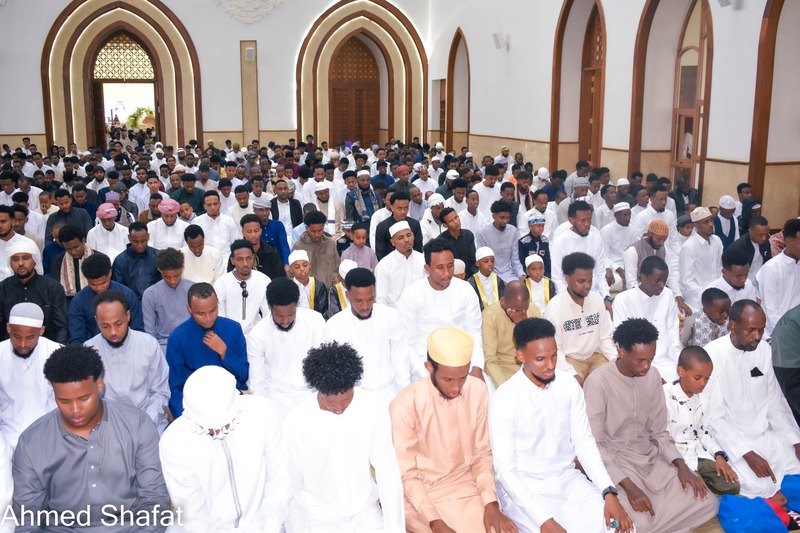Why Muslims are still fasting despite Ramadan ending

Islamic scholars explain that Allah grants tenfold rewards for each good deed. Fasting for one month during Ramadan is said to equate to ten months of fasting, while the six days of Shawwal add another 60 days, completing the equivalent of a full year.
Muslims worldwide have resumed fasting just days after celebrating Eid ul-Fitr, marking the end of Ramadan. Many are now observing six voluntary fasts in Shawwal, the tenth month of the Islamic calendar, as a way of expressing gratitude and continuing their spiritual discipline.
The six days of fasting in Shawwal are not obligatory but are believed to hold immense spiritual rewards. Islamic teachings suggest that combining these fasts with Ramadan is equivalent to fasting for an entire year.
More To Read
- Pope Leo visits Istanbul’s Blue Mosque on first foreign journey
- Nigeria dismisses US claims about prosecution of Christians
- Basbousa: The classic cake bringing families together
- Kenyans unite against Gaza genocide, call for Israel boycott at Uhuru Park protest
- From desert to dessert: The journey of dates to Kenyan tables
- Judicial Service Commission advertises five Kadhi posts in fresh judicial recruitment drive
This belief is based on a saying of Prophet Muhammad (pbuh): "Whoever fasts Ramadan and then follows it with six [days] from Shawwal, it is as if they have fasted a year."
Islamic scholars explain that Allah grants tenfold rewards for each good deed. Fasting for one month during Ramadan is said to equate to ten months of fasting, while the six days of Shawwal add another 60 days, completing the equivalent of a full year.
Muslims observe these fasts in different ways. Some prefer to complete all six days consecutively, while others spread them out over the month.
Noor Adan, a resident of Eastleigh who has been observing the additional days of fasting, said he prefers to complete the six days consecutively.
"My body is already used to withstanding hunger, so getting done with this fasting period at once is my priority."
Others, like Yunis Abdirahman, however, prefer a different approach, choosing to fast on alternate days to make it more manageable.
"I want to get the rewards, but at the same time, I want to have breaks and eat on some days. It's good for my body."
Beyond voluntary fasting, some Muslims use Shawwal to make up missed fasts from Ramadan due to valid exemptions such as illness, travel, or menstruation. Islamic teachings allow for missed fasts to be completed later, and many choose Shawwal for this obligation.
Unlike Ramadan, when businesses and restaurants adjust their schedules, daily life during Shawwal has largely returned to normal. Restaurants that had closed during daylight hours are now open, though some still see lower customer numbers as many continue fasting.
Religious routines have also shifted. While Taraweeh and Tahajjud prayers were key elements of worship in Ramadan, they are not observed during Shawwal. Instead, those fasting continue with their regular daily prayers while focusing on their voluntary observances.
Shawwal is seen as an opportunity to extend the spiritual discipline of Ramadan and earn additional blessings and rewards. Though fasting in this month is not compulsory, it remains a widely practised tradition among Muslims worldwide.
Other Topics To Read
Top Stories Today













































